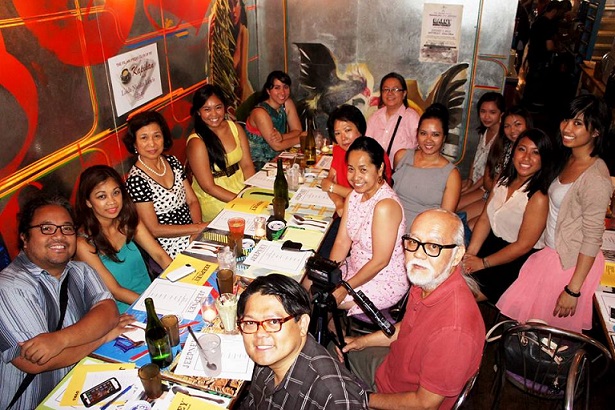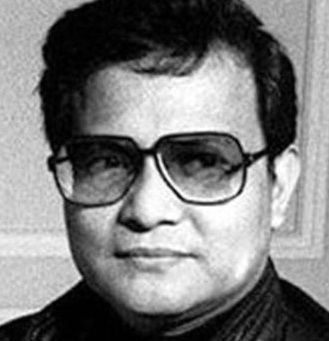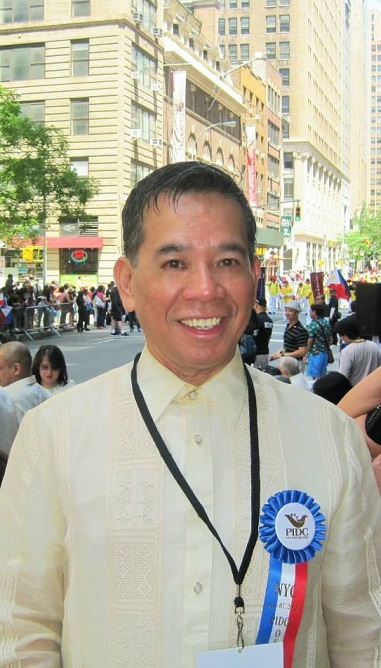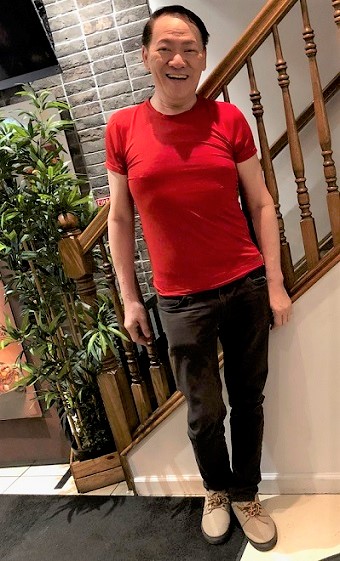The spirituality of lawyering
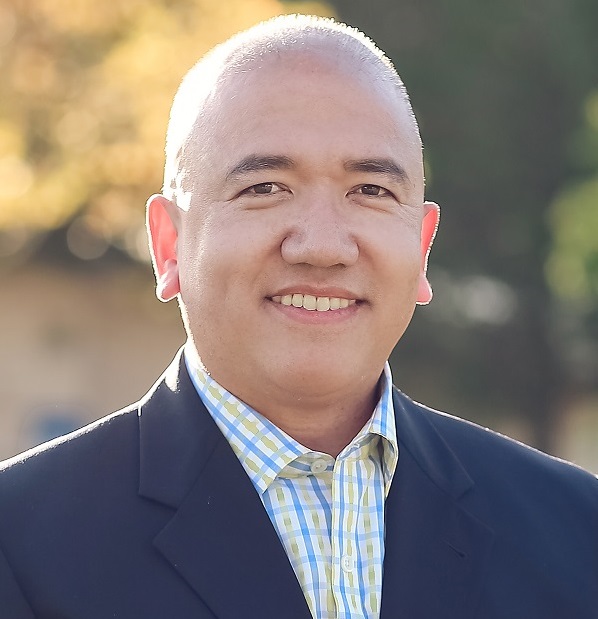
By Johnson Lazaro
Just this week I got a call from a woman whose dad just died from a car accident, a family man whose house was foreclosed, an undocumented worker caught by immigration agents and detained, and another individual nabbed for embezzlement and whose mother was sobbing in my office. These are brand new cases.
In my docket are dozens of
clients the government is trying to deport, and several who just filed for
bankruptcy. People with very heavy personal problems come to my office
and pour their hearts out. These are men and women in pain and mentally
and emotionally beaten. My job as a lawyer is to listen, absorb, and take
on their problems if needed.
When I take on a case, I take on that
person’s anxiety. I shoulder whatever burden he is carrying and
make it my own. I fight his fight. And oftentimes I feel his
pain. Not much has been written about the emotional and mental part of
lawyering. Lawyers are supposed to be logical people who are mentally
tough and brave in the courtroom. Some are fighters for justice.
But when a woman whose father just died of an accident hands you that emotional
load and expects you to somehow make things whole again, the pressure can be overwhelming.
It’s no wonder some lawyers turn to alcohol
and drugs for escape. We tackle other people’s problems as well as our
own. Lawyers in California are required to take classes on alcoholism,
stress reduction, and substance abuse every three years. For lawyers who can’t
handle the heat, they change careers or find a field of law that is less
stressful.
Without spirituality at work, this job can lose its meaning. And once
that’s lost, then a career may be over. Spirituality requires stepping
back, taking a deep breath and a search for meaning.
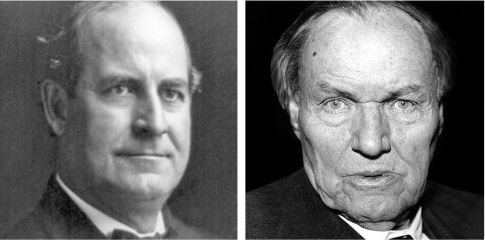
What is spirituality in lawyering?
For me, it is an inner journey
in search for some affirmation that what I do for others somehow enhances their
lives. And this affirmation is what keeps me going during difficult moments in
my work.
When a mother sobs and asks why her son needs to be removed from the United
States and thrown into a country he barely knows, the response cannot just be an intellectual or
analytical exercise of what laws apply or what rights are violated. And it is not
a matter of making a few bucks here and a few dollars there. We all know
that money is artificial and non-sustaining. Many lawyers practice “door
law” or take on whatever case walks through their door. But few lawyers
ask why. Why should I take on the fight? What will I personally achieve
by tackling this person’s problems? This requires some self-examination
that many are not comfortable with.
The great lawyers of the past, such as Clarence Darrow or William Jennings
Bryan, must have undergone some serious self-examination to be great defenders
for justice. Darrow devoted himself to opposing the death penalty, which
he felt to be in conflict with humanitarian progress. William Bryan is the lawyer best known for his
crusade against Darwinism. He believed the evolution theory undermined
morality. Bryan worked tirelessly for his belief and in some accounts is
said to have died of exhaustion.
Spirituality in lawyering is relevant, to use a popular legal word, because
there is so much at stake. Each file that we handle is someone’s
future. Each case is a living, breathing human being. If lawyers
cannot find substance and meaning in the cases they handle, not only can they
fail their clients but they fail themselves. But we don’t learn
spirituality in law school. Law schools do not emphasize this inner
journey to find meaning in work. We are trained to know the law and to
make money in the process. We are trained to be analytical sharks, to
devour opposing counsel by our wit and speech. But spirituality connects
you to work. It is the energy that pushes you to attain your goals and
achieve greatness.
I have encountered lawyers whose sole purpose in life is to crush the opposing counsel. I have faced litigators who take pride in embarrassing and even humiliating the other attorney. This cannot be spiritual. On the other side I have also seen professionals who would go out of their way to help and to give their time to empower others. This is the way it should be. To empower someone is a powerful spiritual act.
Johnson Lazaro, the founder of Lazaro Law Group, has been helping immigrants across the United States and the Philippines to solve legal problems related to U.S. immigration for the past 25 years. Please contact him at law@lazarolaw.com or 866-237-9555.


